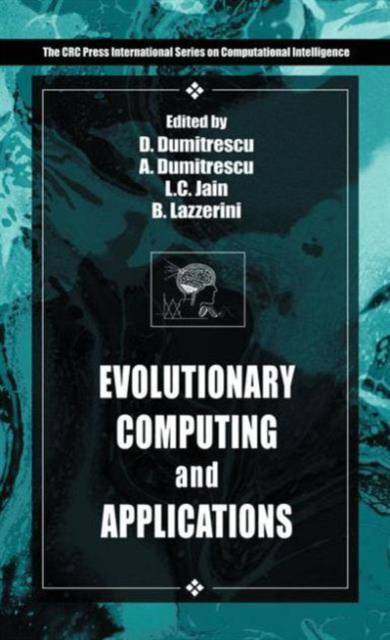
- Retrait gratuit dans votre magasin Club
- 7.000.000 titres dans notre catalogue
- Payer en toute sécurité
- Toujours un magasin près de chez vous
- Retrait gratuit dans votre magasin Club
- 7.000.0000 titres dans notre catalogue
- Payer en toute sécurité
- Toujours un magasin près de chez vous
337,95 €
+ 675 points
Description
Rapid advances in evolutionary computation have opened up a world of applications-a world rapidly growing and evolving. Decision making, neural networks, pattern recognition, complex optimization/search tasks, scheduling, control, automated programming, and cellular automata applications all rely on evolutionary computation. Evolutionary Computation presents the basic principles of evolutionary computing: genetic algorithms, evolution strategies, evolutionary programming, genetic programming, learning classifier systems, population models, and applications. It includes detailed coverage of binary and real encoding, including selection, crossover, and mutation, and discusses the (m+l) and (m, l) evolution strategy principles. The focus then shifts to applications: decision strategy selection, training and design of neural networks, several approaches to pattern recognition, cellular automata, applications of genetic programming, and more.
Spécifications
Parties prenantes
- Auteur(s) :
- Editeur:
Contenu
- Nombre de pages :
- 420
- Langue:
- Anglais
- Collection :
Caractéristiques
- EAN:
- 9780849305887
- Date de parution :
- 22-06-00
- Format:
- Livre relié
- Format numérique:
- Genaaid
- Dimensions :
- 166 mm x 244 mm
- Poids :
- 762 g

Les avis
Nous publions uniquement les avis qui respectent les conditions requises. Consultez nos conditions pour les avis.






